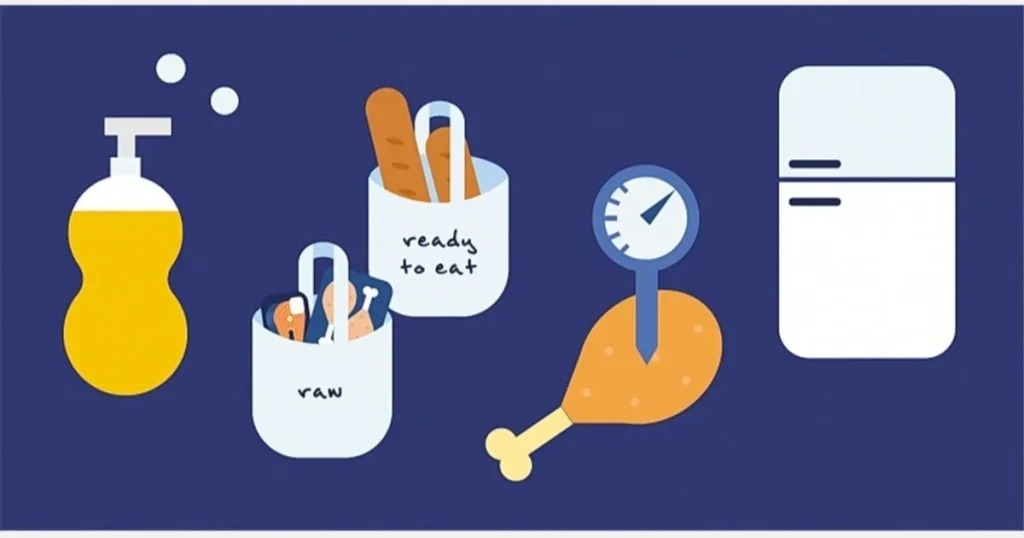1. Compliance with Industry Standards:
One of the primary benefits of a CFS audit for businesses is that it helps them comply with industry standards and regulations. The food industry is heavily regulated, and failure to follow these regulations can result in serious consequences such as fines or even closure of the business. By conducting a CFS audit, businesses can identify any areas where they may be falling short and make necessary improvements to ensure compliance.
2. Enhanced Food Safety Practices:
Food safety should always be a top priority for any business dealing with food products. A CFS audit allows sanitation specialists to assess a business’s current food safety practices and provide recommendations for improvement. This could include suggestions on proper handling and storage of food items, employee training on hygiene practices, or implementing new sanitation procedures.
3. Reduced Risk of Contamination:
Contamination is one of the biggest concerns in the food industry, and it is crucial to have measures in place to prevent it from occurring. A thorough CFS audit can identify potential sources of contamination within a business’s operations and provide solutions to mitigate these risks. This not only ensures the safety of the food being served but also protects the business from potential lawsuits or reputation damage.
4. Cost Savings:
Implementing effective food safety practices can lead to significant cost savings for businesses. By preventing contamination and maintaining high food safety standards, businesses can avoid costly recalls, fines, and legal fees. Additionally, a CFS audit may highlight areas where a business could be wasting money on inefficient processes or inadequate equipment.
5. Improved Reputation:
A business’s reputation is crucial in the food industry. Customers are becoming increasingly aware of food safety issues and are more likely to choose a business that prioritizes it. By undergoing a CFS audit and demonstrating a commitment to food safety, businesses can improve their reputation among consumers and build trust with their customers.


